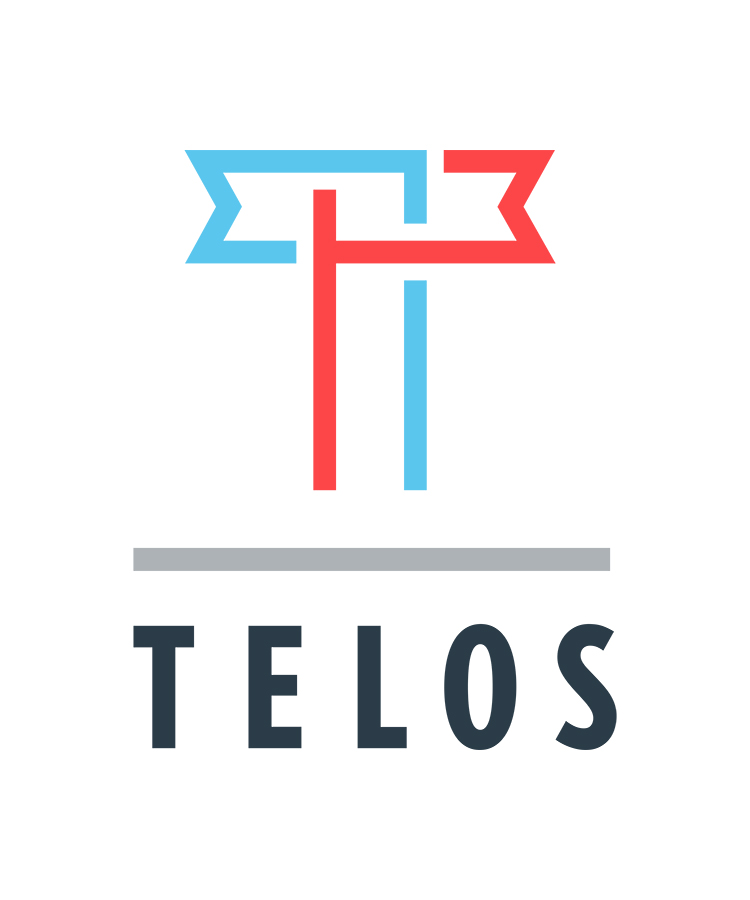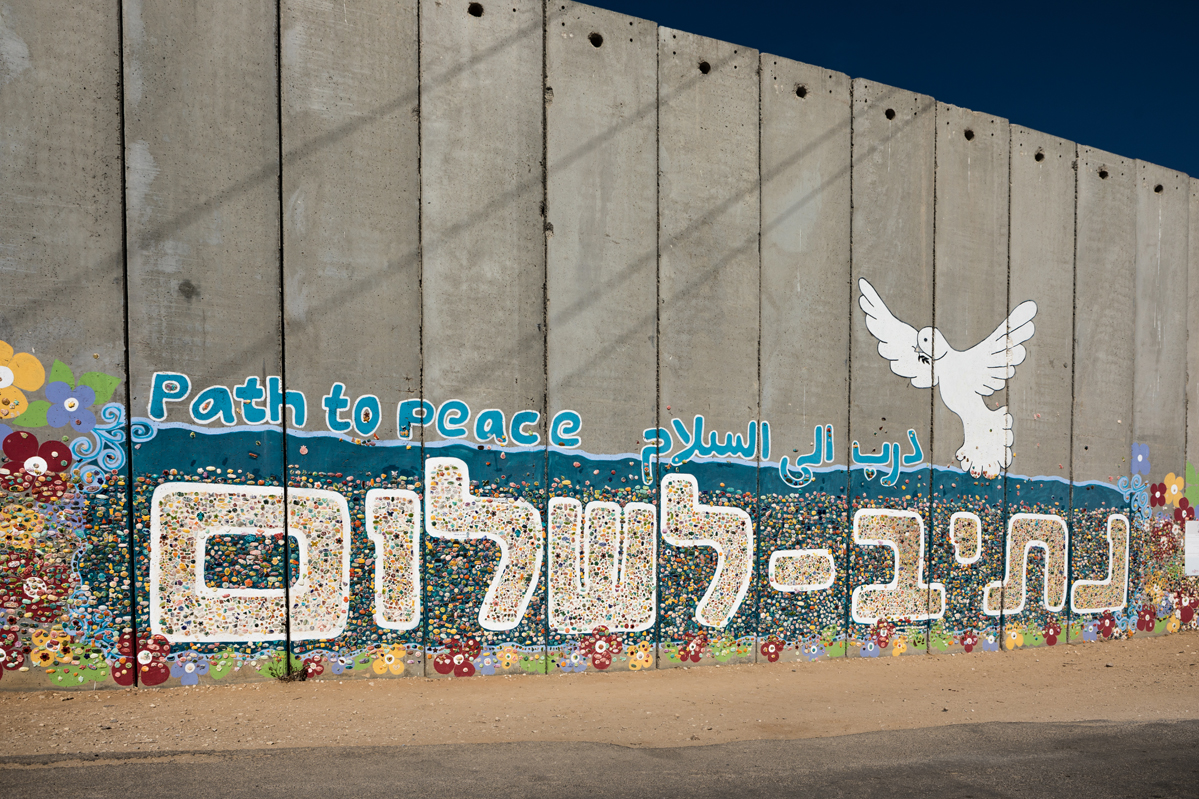Starting with Self-Interrogation
By Todd Deatherage
Photo by Robert Jewett
In the midst of long-running conflict in which grievous wrongs have been done, it is easy and natural for each side to place all the blame on the other party. But in many cases, the work that opens the door to transformation is taken up by those willing to self-interrogate. To look at their own complicity – their own failures – before judging the bad behavior of the other. This does not negate or diminish the enemy’s faults, it doesn’t absolve horrible wrongs, it merely begins to replace a sense of victimhood with one of agency and responsibility. It allows the opportunity to turn things around enough to see from the other’s point of view. And this can begin to undermine the fear and hatred that trap us in cycles of conflict.
The acclaimed Israeli novelist David Grossman is willing to open that door. In a Memorial Day speech to Israeli and Palestinian families who’ve each lost a loved one in their bloody conflict, he drew deeply from the well of self-critique. His right to do this is hard to question because Grossman spoke not as an outsider to their pain, but as a father who lost his son Uri in Israel’s 2006 war with Lebanon. His remarks were intentionally provocative and no doubt uncomfortable for many Israelis and friends of Israel, but because they were spoken not by an enemy of the state or the Jewish people, but by an esteemed literary figure, a patriot, and a father whose son died in defense of his country, they merit a hearing. And, in the spirit of the prophets of old, they resound with fire and power, opening a path toward understanding and creating space for transformation. Not everyone will agree, of course, but as has been said, “Whoever has ears, let them hear.”
Unquestionably, both Israelis and Palestinians need such candid and brave souls. Modern day prophets, if you will. And both sides have them, no less in those Grossman was addressing: the members of the Parents Circle. Those like Robi Damelin, whose son David was killed by a Palestinian sniper. Like Bassam Aramin, whose daughter Abir was killed by an Israeli Border Policeman. Like Rami Elhannan, whose daughter Smadar was killed by a terrorist bombing. Like Najwa Sa’adeh, whose daughter Christine was killed by Israeli soldiers. There are over 600 families who have suffered similar yet uniquely unspeakable tragedies in the deaths of people they love in this conflict, but have rejected both victimhood and revenge in favor of listening to each other’s stories, building relationships, and working toward reconciliation.
They are not alone. Any who’ve spent honest time getting to know people on both sides of this conflict are aware that there are others who are willing to embrace this unpopular path. But perhaps none can rightfully demand to be heard more than David Grossman and those families who’ve sacrificed so much. They are not naïve “peaceniks.” They are painfully and irrevocably aware of the price of war, the limits of violence and force to achieve good ends, and also of the power of reconciliation. They carry a wisdom born of suffering and we would each do well to listen.
In an age of deep division, we’d also do well to emulate them by asking ourselves hard questions like how have I contributed to this mess? What have I done (or left undone)? How have I benefited unfairly at someone else’s expense? How might forces and behaviors within my own community or tribe contribute to our present divisions? The process of self-interrogation can be a painful one. But it appreciates a fundamental truth: that I can’t change anyone else, only myself. And it is through personal transformation that we can become agents of change in our communities and in our world.

